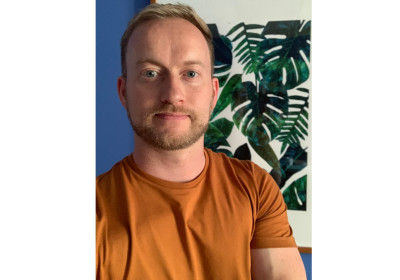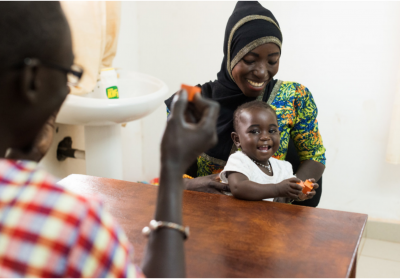Evidence for the ancient origins of low lean mass and heightened chronic disease susceptibility among contemporary South Asians
Chronic diseases such as type 2 diabetes and cardiovascular disease are a leading cause of global morbidity and mortality in the modern world. While recent changes in diet and activity levels are widely accepted to be the proximate causes for rising chronic disease rates, the heightened susceptibility of certain populations, such as those of South Asian descent, suggests a longer-term component to disease risk in some groups.
Contemporary South Asians have low lean tissue (organ and muscle) mass relative to height and total body mass, which appears to be heritable and is implicated in their elevated susceptibility to chronic diseases. When and why this low lean mass phenotype arose is unknown, but relevant to fully understanding the determinants of contemporary disease risk. Proposed explanations for South Asian low lean mass range from the long-term impacts of climatic adaptations, through dietary changes with the transition to agriculture and/or the adoption of vegetarianism, to the more recent impacts of severe 19th century famines, which were exacerbated by colonial policies. In this seminar, Dr Pomeroy will discuss osteoarchaeological evidence that the South Asian low lean mass phenotype dates back at least 11,000 years and how past environmental conditions and lifeways may have contributed to a contemporary public health crisis.
About the speaker
Dr Pomeroy’s research centres on understanding how past and present variation in human health, growth and morphology is influenced by evolutionary processes (e.g., adaptation, neutral variation, plasticity) and interactions with the natural and social environments. She combines human bioarchaeology with human biology and palaeoanthropology, and previous and current projects include work in South America, South Asia and Europe.
Emma gained her BA in Archaeology and Anthropology from Cambridge, and MA in Osteoarchaeology from the University of Southampton. Following employment in medical research and commercial archaeology, she completed her PhD in Biological Anthropology under the supervision of Dr Jay Stock (Cambridge) and Professor Jonathan Wells (UCL). Her thesis investigated adaptation to varying social and natural environmental conditions in past and present Andean populations. Subsequently, Emma held a Junior Research Fellowship at Newnham College, Cambridge, and a Leverhulme Trust Early Career Fellowship at Liverpool John Moores University, where she was also Lecturer in Biological Anthropology.
Please note that this session will NOT be live-streamed/recorded.
Admission
Contact



